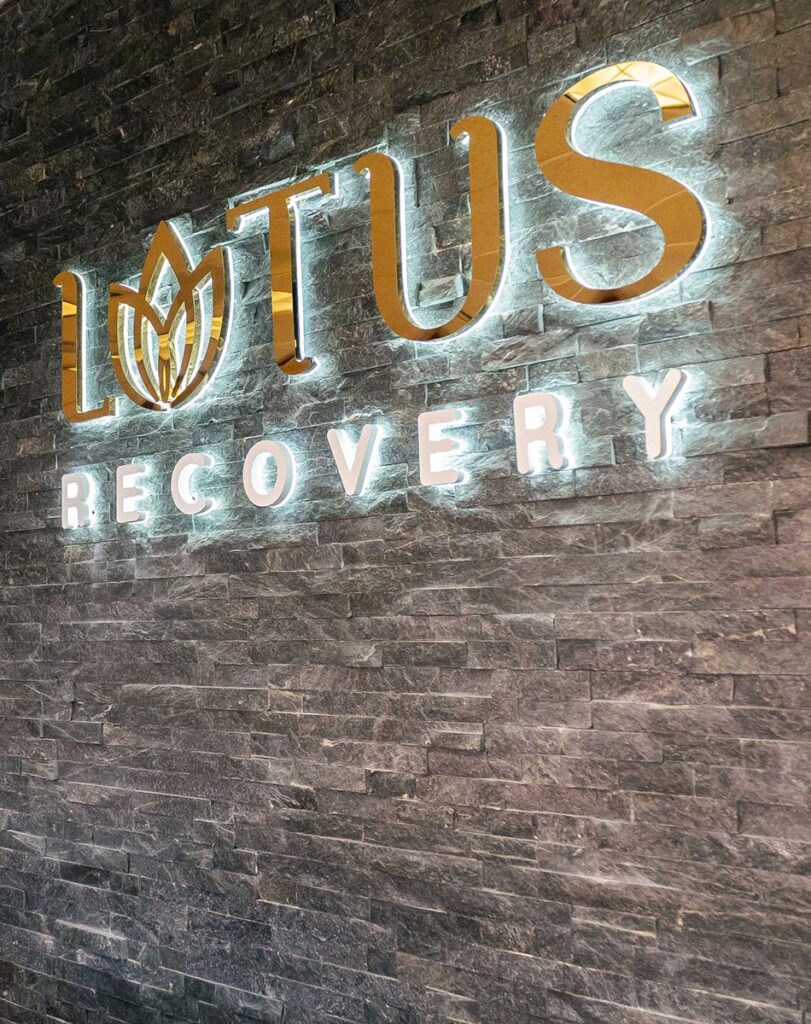Pharmacogenetics is a field of medicine that studies how your genes affect the way your body responds to different medications. Your genes are passed down from your parents, and while you can’t control them, they do control YOU! Aside from carrying information (your DNA) that determines features like your eye color and height, your genes also affect how your body uses and breaks down medications.
Genetics may explain the reason why people respond differently to various medications. One type of medicine may work well for one person but not another. Your genes may also impact the side effects that you experience. Those long lists of potential side effects you see on commercials and in advertisements are unlikely to happen to everyone, but they do happen to some people.
Knowing that your genes play a role in how you respond to various treatments, wouldn’t it be nice to know what types of medications are right for you? Thanks to pharmacogenetic testing, this is possible. Lotus Recovery offers this testing to our clients to help them find the best medications for their needs.
What is Pharmacogenetic Testing?
Pharmacogenetic testing is a type of precision medicine, which refers to using information about your genes, environment and lifestyle to find out what treatments are right for you. This can be incredibly helpful when treating any chronic condition, including substance use and mental health disorders. Since medications are often used to treat these disorders, pharmacogenetic testing can help determine which treatments will be most effective, the dosages you need and your chances for experiencing adverse side effects.
So, how do your genes play a significant role in how you respond to medications?
Your genes instruct your body’s cells on what to do. They help build protein molecules, which are called enzymes, and these enzymes are responsible for many different functions. One of them is your metabolism, including how medications are metabolized in the body. People who don’t respond to certain medications may have gene differences that prevent their body from breaking down the medication properly. If your body breaks down a substance too fast, too slow or not at all, it won’t work as intended. It’s also possible that the medication could cause negative side effects. Fortunately, pharmacogenetic testing allows professionals to better understand your genes and what medications will work best.

What Happens During This Test?
Pharmacogenetic testing is typically done on blood, saliva or a sample of cells swabbed from the inside of your check. Here at Lotus Recovery, we use the saliva method of testing, as it’s quick and non-invasive. There are no special preparations, unless you are having the saliva test done as you won’t be able to eat, drink or smoke 30 minutes prior.
Let’s say that you’re receiving pharmacogenetic testing for depression. Your test will look for specific genes, specifically, variations in CYP2D6 and CYP2C19. These genes affect how your body breaks down certain types of antidepressants. Depending on what is found, your doctor may recommend a different treatment for depression than what you are currently on, leading to an improvement in your depression symptoms and a better shot at recovery from substance use.

What are the Benefits of Pharmacogenetic Testing?
As researchers continue to study pharmacogenetic testing, they have found that it offers a number of advantages such as:
- Improved safety with a lower risk for negative side effects and overdose
- Improved efficiency and healthcare costs, with the ability to prescribe the best medication first
- Ability to identify new medications that directly target the gene change
Substance use disorders and mental health disorders are complex and can be difficult to treat. Pharmacogenetic testing is a field that is rapidly growing, and it’s expected to have a positive impact on treating these disorders. Having this testing done will allow our team to make changes to your treatment plan so that you see the most benefit. To learn more about this testing and how it can support a full recovery, contact Lotus Recovery today.
